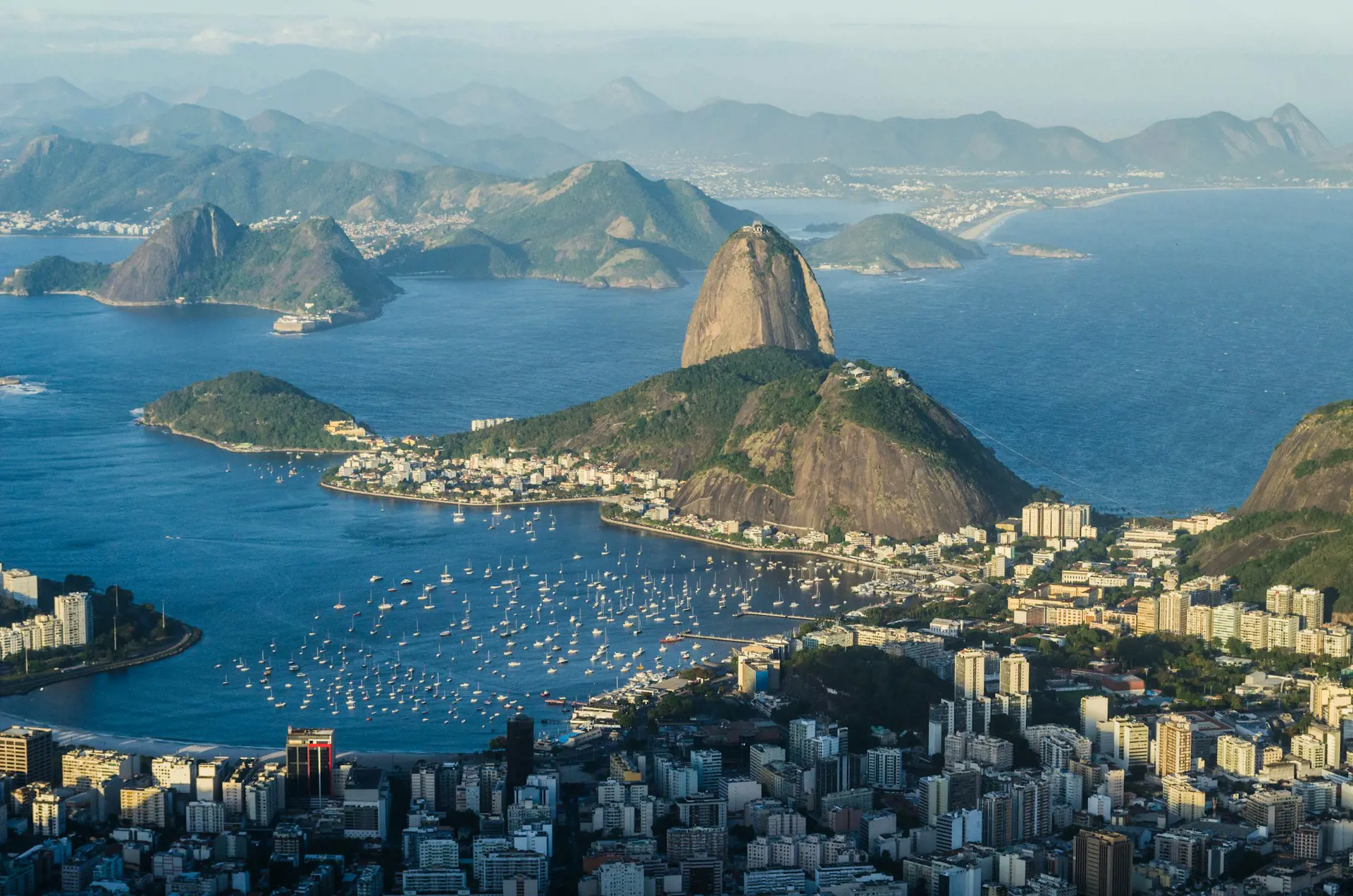
- REGULATION & COMPLIANCE

Gaming operators active in Brazil must secure a licence by the end of 2024 or face penalties from 1 January 2025, according to the latest nominative ordinance published by the country’s government.
Normative Ordinance 827 was published in Brazil’s Official Diary of the Union on Tuesday (21 May), sets out the requirements for those hoping to secure sports betting and gaming licences in Brazil.
It kicks off an “adjustment period” in which gaming operators active in Brazil have until 31 December 2024 to comply with the regulatory framework for sports betting and igaming. Companies’ applications submitted within 90 days of Ordinance 827’s release will be prioritised for assessment.
Authorised operators will be granted a licence lasting five years, once a BRL30m (£4.6m/€5.4m/$5.9m) fee is paid, and able to offer gambling via three skins.
Those that fail to secure a licence by that cutoff date will face penalties from 1 January, 2025.
The ordinance comes as the Ministry of Finance works its way through the process to finalise regulations, with a four-stage process underway.
While some sources suggested the government aimed to issue licences in the fourth quarter of the year with a plan to launch in January 2025, others argued this timeline was far too ambitious, expecting delays. The ordinance setting out how operators must apply was originally expected in April.
Following the Ordinance, one lawyer admitted the timeline was “daunting”. However the Ministry believes it is achievable, they added, supported by a higher headcount at the Secretariat of Prizes and Bets (SPA).
“My expectation is to see significant increase in the workforce at the authority in the upcoming weeks to meet the deadline,” they explained. “This happened before in other industries such as finance.”
Licence applicants must be headquartered on Brazilian soil. Foreign companies will still be eligible, but with a local subsidiary in which a Brazilian owns at least 20% of the share capital.
What this actually means for operators remains up for discussion with experts unclear on how these arrangements will work in practice. The lack of new information on this requirement is disappointing, one lawyer said, and hoped for additional guidance from the Ministry.
This setup would need to be established before the operator applies for its licence, as any merger, split or change in corporate control would prompt a review of a licence by the Secretariat of Prizes and Bets (SPA).
As with regulations in many other countries, companies must provide documentation proving they are legally qualified to operate in Brazil, including identification and registration forms for controlling entities. They must also submit a declaration of compliance with payments regulations, supported by certification from the Central Bank of Brazil.
The businesses will also have to provide a joint certificate from the Special Secretariat of Federal Revenue and the Attorney General’s Office of the National Treasury to show they are registered to pay tax in the country.
All key personnel and financial beneficiaries must also have a clean criminal record, with no bankruptcies, tax evasion or embezzlement convictions.
In addition to paying the BRL30m licence fee, successful applicants must provide evidence of a financial reserve of at least BRL5m. The Ministry asks for a projected cash flow for the next two financial years signed by a finance director or equivalent to show how the business expects to grow in the market.
Those that launch will pay a 12% gross revenue tax and a monthly inspection fee on a sliding scale from equivalent to $10,000 to $390,000.
Technical certification of operators’ betting systems are required, as outlined in Ordinance 722, issued earlier this month.
This ordinance set out provisions for datacentres hosted offshore. The Ministry aims to ensure the SPA has easy access to data so centres located in a country with a legal cooperation agreement with Brazil, covering civil and criminal matters, are acceptable.
The testing centre requirement is included in this ordinance, though this may result in another bottleneck for the regulatory process. While the likes of Gaming Laboratories International (GLI) are certified for testing, the sheer volume of applicants could slow down the process. A call for expressions of interest in January prompted 134 responses from local and international operators.
According to the four-step process outlined by the Ministry of Finance in April, the SPA is due to announce technical and security requirements by the end of June, alongside processes for monitoring industry advertising.
Final rules on how industry contributions will be distributed to socially responsible causes will follow by the end of July. This is likely to involve funds being paid into a central account then distributed to a range of different government agencies and charities.